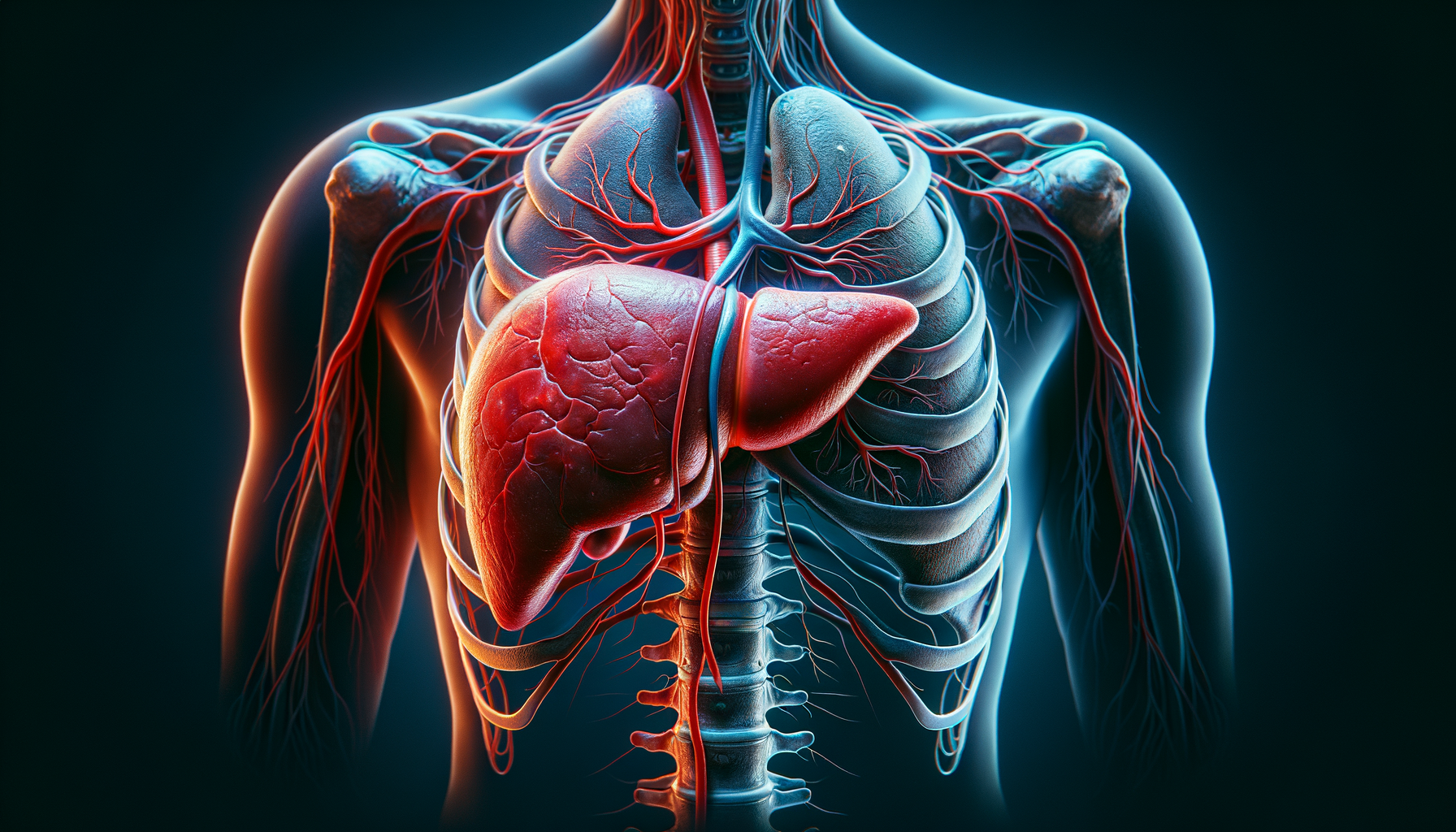
Abdominal Pain and Liver Health: When to Seek Emergency Medical Help
Introduction to Liver Health and Abdominal Pain
Abdominal pain is a common symptom that can arise from numerous health conditions, some of which are directly related to liver health. The liver, a vital organ responsible for numerous functions including detoxification, protein synthesis, and digestion, can significantly impact overall health when compromised. Understanding when abdominal pain is indicative of a liver problem is crucial for timely intervention and effective treatment.
In this article, we explore the intricate relationship between liver health and abdominal pain, highlighting when it becomes necessary to seek emergency medical help. By understanding the signs and symptoms that require urgent attention, individuals can take proactive steps to safeguard their health and well-being.
Understanding the Role of the Liver
The liver is one of the largest organs in the human body, playing a pivotal role in maintaining health. It performs a variety of essential functions, such as:
- Filtering toxins from the blood
- Producing bile to aid digestion
- Regulating blood clotting
- Storing and releasing glucose as needed
Given its multifaceted responsibilities, any disruption in liver function can lead to significant health issues. Abdominal pain related to liver conditions typically manifests in the upper right quadrant of the abdomen, where the liver is located.
Conditions such as hepatitis, fatty liver disease, and cirrhosis can cause liver-related abdominal pain. Recognizing these conditions early is key to preventing further complications and ensuring effective management.
Symptoms Indicating Liver-Related Abdominal Pain
While abdominal pain can stem from various causes, certain symptoms specifically point to liver-related issues. These include:
- Persistent pain in the upper right abdomen
- Jaundice, or yellowing of the skin and eyes
- Swelling in the abdomen or legs
- Dark urine and pale stool
- Chronic fatigue and weakness
These symptoms suggest that the liver may be under stress or damaged, necessitating a medical evaluation. It’s important to note that liver disease can progress silently, often showing symptoms only when the condition is advanced.
When to Seek Emergency Medical Help
Determining when abdominal pain warrants emergency medical attention can be challenging. However, certain symptoms should prompt immediate action, including:
- Severe abdominal pain that is sudden and intense
- Confusion or disorientation
- High fever with chills
- Unexplained weight loss
- Vomiting blood or passing black stools
If any of these symptoms accompany abdominal pain, it is critical to seek emergency medical help. These signs could indicate serious liver conditions such as liver failure or bleeding varices, both of which require urgent intervention.
Conclusion: Proactive Measures for Liver Health
Maintaining liver health is essential for overall well-being. By understanding the signs and symptoms of liver-related abdominal pain, individuals can take proactive measures to protect their health. Regular check-ups, a balanced diet, and avoiding excessive alcohol consumption are crucial steps in supporting liver function.
In cases where abdominal pain and accompanying symptoms suggest liver issues, seeking prompt medical attention can prevent complications and improve outcomes. By staying informed and vigilant, individuals can ensure their liver remains healthy and functional.